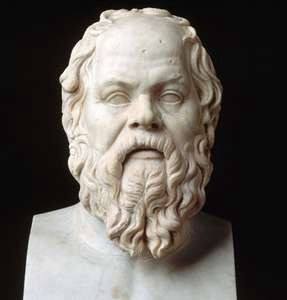
I was hanging out on Twitter the other day, discussing my previous 3QD piece (about Progress Studies) with Hollis Robbins, Dean of Arts and Humanities at Cal State at Sonoma. We were breezing along at 240 characters per message unit when, Wham! right out of the blue the inspiration hit me: How about an interview?
Thus I have the pleasure of bringing another Johns Hopkins graduate into orbit around 3QD. Hollis graduated in ’83; Michael Liss, right about the corner, in ’77; and Abbas Raza, our editor, in ’85; I’m class of ’69. Both of us studied with and were influenced by the late Dick Macksey, a humanist polymath at Hopkins with a fabulous rare book collection. I know Michael took a course with Macksey and Abbas, alas, he missed out, but he met Hugh Kenner, who was his girlfriend’s advisor.
Robbins has also been Director of the Africana Studies program at Hopkins and chaired the Department of Humanities at the Peabody Institute. Peabody was an independent school when I took trumpet lessons from Harold Rehrig back in the early 1970s. It started dating Hopkins in 1978 and they got hitched in 1985.
And – you see – another connection. Robbins’ father played trumpet in the jazz band at Rensselaer Polytechnic Institute in the 1950s. A quarter of a century later I was on the faculty there and ventured into the jazz band, which was student run.
It’s fate I call it, destiny, kismet. [Social networks, fool!]
Robbins has published this and that all over the place, including her own poetry, and she’s worked with Henry Louis “Skip” Gates, Jr. to give us The Annotated Uncle Tom’s Cabin (2006). Not only was Uncle Tom’s Cabin a best seller in its day (mid-19th century), but an enormous swath of popular culture rests on its foundations. If you haven’t yet done so, read it.
She’s here to talk about her most recent book, just out: Forms of Contention: Influence and the African American Sonnet Tradition. Read more »

 Socrates, snub-nosed, wall-eyed, paunchy, squat,
Socrates, snub-nosed, wall-eyed, paunchy, squat,